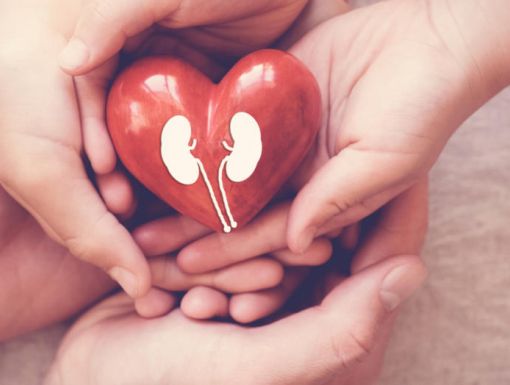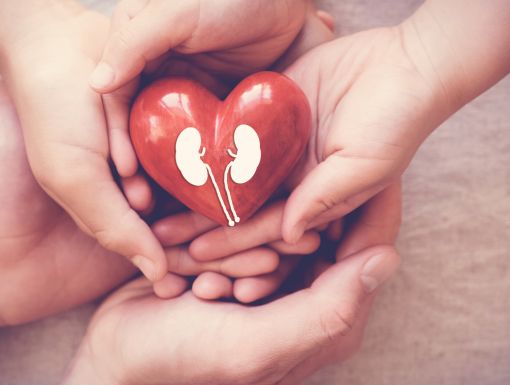
Curious About Becoming an Organ Donor?
April is National Donate Life Month, a time to reflect on the profound impact of organ donation and to encourage more individuals to register as donors. This act of generosity honors those who have saved lives through the gift of organ donation and underscores the critical importance of this selfless act. Let me tell you why this is so important.
In the United States alone, over 103,000 individuals, both children and adults, are awaiting organ transplants as of February 2024, according to data from the Health Resources & Services Administration. Among them, the largest group consisted of approximately 88,000 individuals in need of a kidney transplant, followed by over 10,000 awaiting liver transplants and 3,300 hoping for heart transplants. Tragically, every nine minutes, another person is added to the national transplant list, while, on average, 17 individuals on the list lose their lives daily while waiting for a transplant. These stark realities highlight the persistent shortage of organ donors relative to the overwhelming demand.
Despite the overwhelming support for organ donation among adults in the country, with 90% expressing approval, only about half of the population is registered as donors. This discrepancy underscores the urgent need for more individuals to step forward and become organ donors, offering others a second chance at life.
In the United States, the most transplanted organs include the kidneys, liver, heart, lungs, pancreas and intestines. Remarkably, a single donor has the potential to save up to nine lives, as organs such as kidneys and lungs can be transplanted into multiple recipients, while the liver can be split and transplanted into two individuals.
What are some of the common concerns?
Misinformation is rampant, and it hurts the cause of organ donation. Let’s fight back with the facts. Some believe those who donate organs after death cannot have open-casket funerals; this is not true. All surgical incisions are carefully closed and are not visible in an open casket. There is also a fear that registered donors will receive lower quality medical care so organs can be donated; this is false. The medical team trying to save your life is separate from the transplant team. Patients are treated by their own medical teams whose only purpose is to save your life. In fact, the transplant team is only notified someone is a potential donor after every effort has been made to save your life.
To alleviate financial concerns, let’s talk about who pays the bills. The costs of organ donation will not show up on a deceased patient’s hospital bill. All costs that are part of the donation are paid by the transplant recipients, usually through their private insurance, Medicare or Medicaid.
Some believe that organ donation is against certain religious teachings. Actually, organ donation is consistent with the beliefs of most major religions, including Roman Catholicism, Islam, most branches of Judaism and most Protestant faiths. If you have doubts, please reach out to your clergy to clarify your faith's position on organ donation.
What about organ donation among ethnic minorities?
Ethnic minorities face unique challenges in accessing suitable organ matches, making it vital for individuals from these communities to consider becoming donors. By increasing diversity in the donor pool, we can address specific health needs within ethnic minority populations and improve transplant outcomes.
What about living donation?
Living donation plays a crucial role in addressing the organ shortage crisis. Living donors have the opportunity to make a direct and immediate impact by donating organs such as kidneys, portions of their liver, or lung lobes while alive, thereby significantly improving the quality of life for recipients. This act of altruism not only saves lives but also allows individuals to return to normal activities and regain their health, underscoring the transformative power of living donation.
At Ochsner, both living donor liver and living donor kidney transplant surgeries are performed, offering hope and healing to individuals facing critical health challenges. Ochsner Health is home to the only living donor liver program in Louisiana and approximately 30% of Ochsner's kidney transplant patients currently benefit from organs donated by living donors.
Almost anyone can become an organ donor, regardless of age or specific conditions, with few disqualifying factors. Registering as an organ donor is a simple yet impactful way to give the gift of life and offer hope to those in need. Whether through the state's organ procurement agency or while renewing a driver's license, taking the step to become a registered organ donor can make a profound difference in the lives of others.



